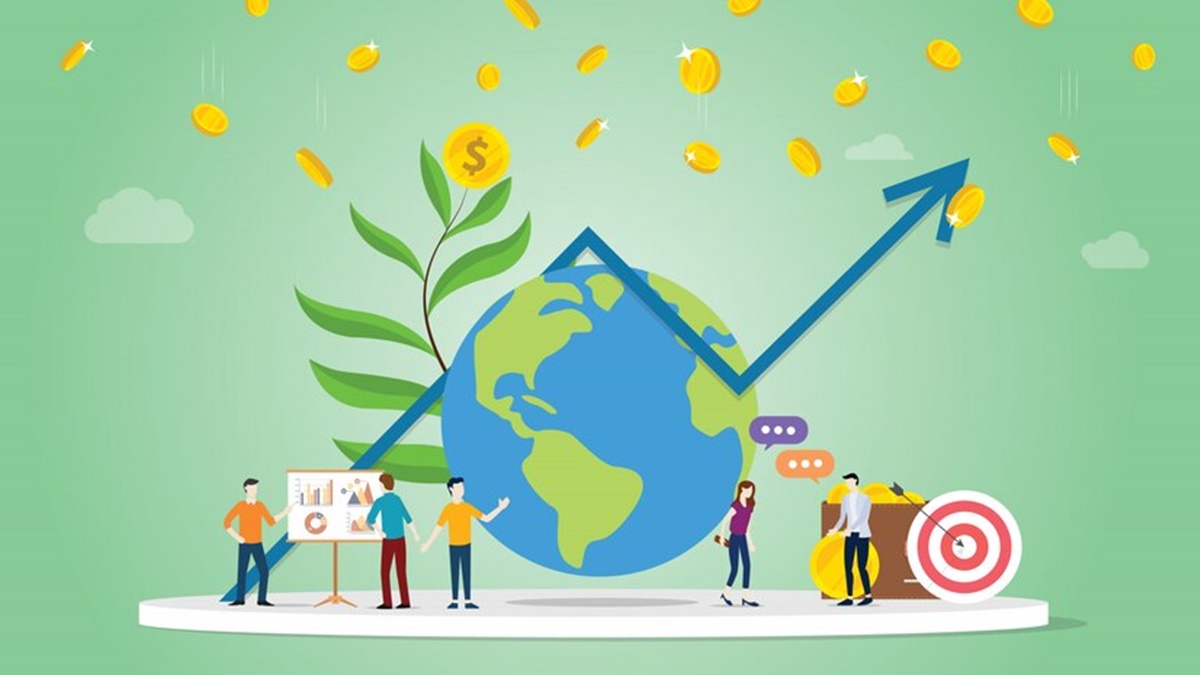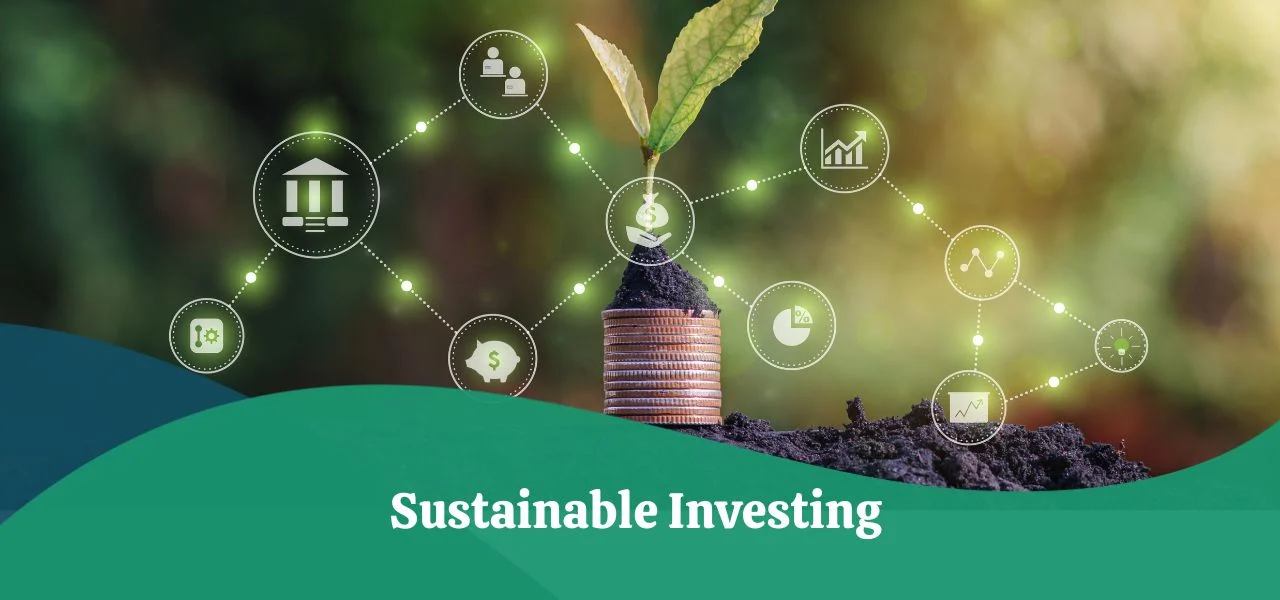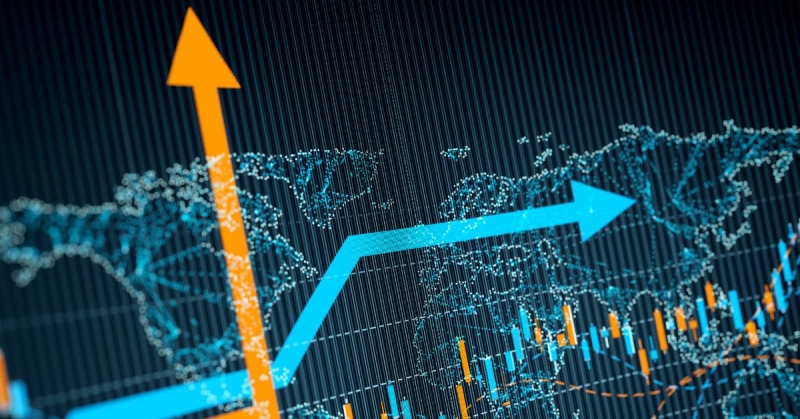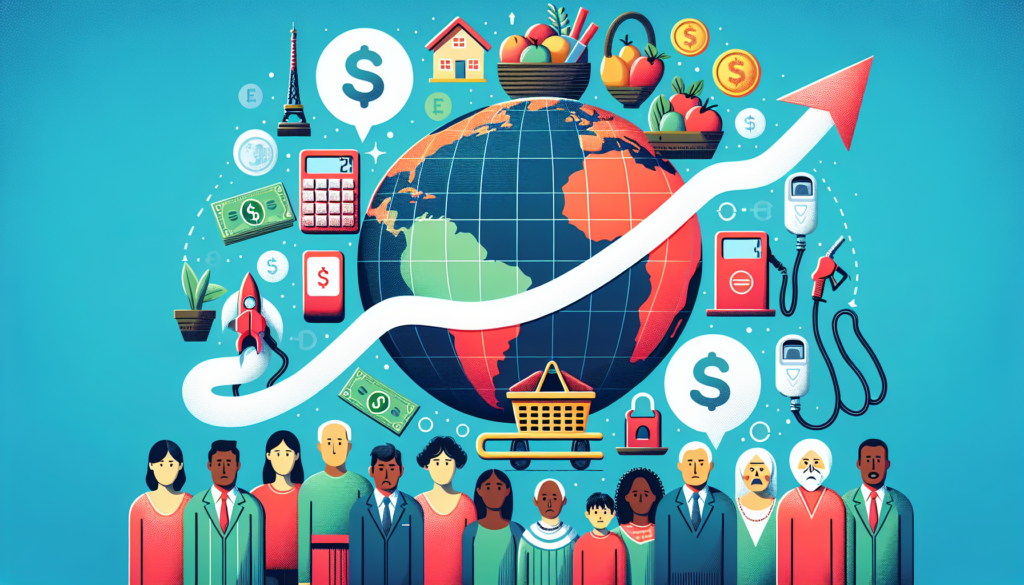As the global economy continues to face a wave of uncertainty—from inflation and energy volatility to political unrest and technological disruption emerging markets are adapting in unique and strategic ways. Countries like India, Brazil, Vietnam, and South Africa are not just reacting to global economic shifts; in many cases, they are helping shape the response.
In 2025, these regions represent both challenges and opportunities for the global financial system. Their reactions offer valuable insights into how economies with growing populations and expanding industries are navigating today’s complex world.
Understanding Emerging Markets
Emerging markets are countries in the process of rapid growth and industrialization. They often have younger populations, developing financial systems, and increasing influence on global trade. While they are more vulnerable to global shocks, they also tend to be more dynamic and adaptable.
Key Global Shifts Impacting Emerging Markets
- Rising Interest Rates
As developed economies raise interest rates to combat inflation, borrowing costs in emerging markets have also increased. This puts pressure on governments and businesses that rely on foreign loans. In response, many countries have tightened monetary policy and looked for alternative financing options, such as domestic bond markets or regional partnerships. - Strong U.S. Dollar
A strong dollar makes imports more expensive and raises debt payments for countries with dollar-denominated loans. Some emerging economies have responded by strengthening trade ties with non-dollar regions or boosting exports to maintain currency stability. - Supply Chain Realignment
Global companies are diversifying their supply chains to reduce dependence on any single country. This has opened new opportunities for emerging economies in Southeast Asia and Latin America, as companies look to places like Vietnam and Mexico as alternative manufacturing hubs. - Energy Transition and Climate Resilience
As the world shifts toward renewable energy, emerging markets are investing in solar, wind, and green infrastructure. Countries rich in natural resources, like Chile (lithium) and Indonesia (nickel), are positioning themselves as key players in the global clean energy supply chain. - Digital Transformation
Mobile banking, e-commerce, and fintech are growing rapidly in many emerging markets, helping small businesses and underserved communities. Nations like Kenya and India are leading in digital financial inclusion, proving that innovation isn’t limited to wealthy economies.
Country Spotlights
- India has become a global tech and services powerhouse, capitalizing on its skilled workforce and digital infrastructure.
- Brazil is focusing on agritech and sustainable farming to boost exports and fight climate-related challenges.
- Vietnam continues to benefit from manufacturing shifts out of China, attracting foreign investment in electronics and textiles.
- South Africa is working to stabilize its economy through infrastructure development and regional trade expansion.
Challenges Ahead
Despite progress, emerging markets still face hurdles such as political instability, income inequality, and limited access to capital. Climate change and extreme weather events also pose a serious threat, especially to agriculture-dependent economies.
Additionally, the digital divide and lack of advanced healthcare systems can slow development and worsen inequality unless addressed with global cooperation and investment.
The Global Impact
How emerging markets respond to economic shifts will have global consequences. These countries represent a growing share of the world’s population, consumption, and innovation. Their ability to adapt will not only determine their own futures but will also influence global growth, trade, and stability.
Conclusion
Emerging markets are no longer passive players in the global economy they are resilient, resourceful, and increasingly influential. By embracing technology, diversifying their economies, and building partnerships, they are proving that adaptability is just as important as size in today’s changing world.
As the global landscape evolves, the actions of these nations will be crucial in shaping the next chapter of economic growth.











